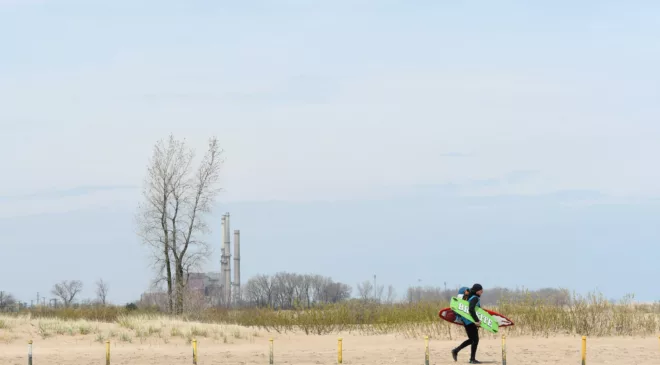Article content
A London program that offers affordable housing and other supports to low-income women in the city will continue, thanks to a $1.1-million gift from an anonymous donor to the Canadian Mental Health Association Thames Valley Addiction and Mental Health Services.
The donation is the largest the local CMHA chapter has received in its history, and will allow the local agency that provides mental health and addictions supports to buy the five-storey, 28-unit building at 446 King St.
Article content
That’s the location of one of CMHA’s supportive housing programs, which now offers supports to low-income women at risk of homelessness.
The purchase of the building is a lifeline to the program after the building’s previous owner, The Council of LIFT Non-Profit Housing Corp., ran into financial difficulties that threatened the continuation of services.
Last September, for instance, city hall approved $31,000 in emergency funding to avoid a mortgage default on the property.
“The issue with any sort of supportive housing program is that it has to be affordable for the clients, but you also, as an operator, have to have enough rent revenue to meet the operating expenses of the building,” said Dean Astolfi, CMHA’s vice-president of supportive housing and program development.
“So with a donation like this, you clear out any servicing of debt, and with the support of the city and the province, you increase your rent revenue, and the clients still pay the same amount, but you’re able to have subsidies attached and it just creates a very sustainable program.”
Astolfi said the investment also comes at critical time, when high costs of rents are putting a lot of people at risk of homelessness, saying the purchase of the building will save critical non-market rental units in the city.
Article content
The donation will not only allow CMHA to continue to run the program, which currently supports 25 women, but also make much needed improvements to the downtown building, Astolfi added.
“One of the extra benefits from the donation is that we can actually invest in the property, so we can make sure that the building is in good shape for years to come, and make sure we have reserve funds, all those sorts of things that were lacking in the previous business model,” he said.
Some of the work, already underway, includes upgrading individual units, remodeling common spaces and improving the working spaces used by staff.
Recommended from Editorial
Share this article in your social network







